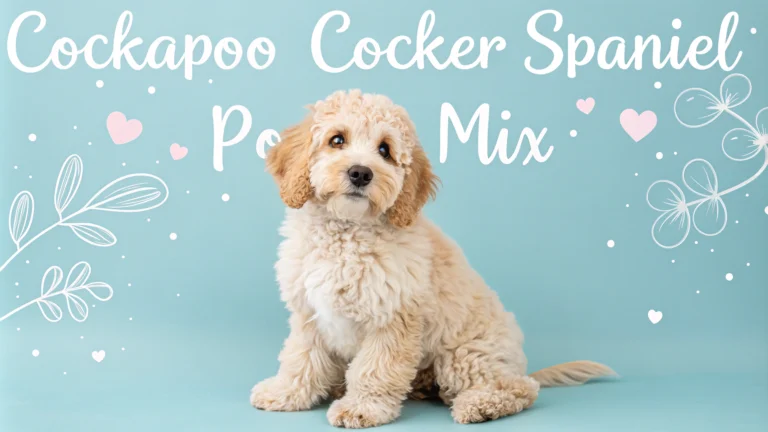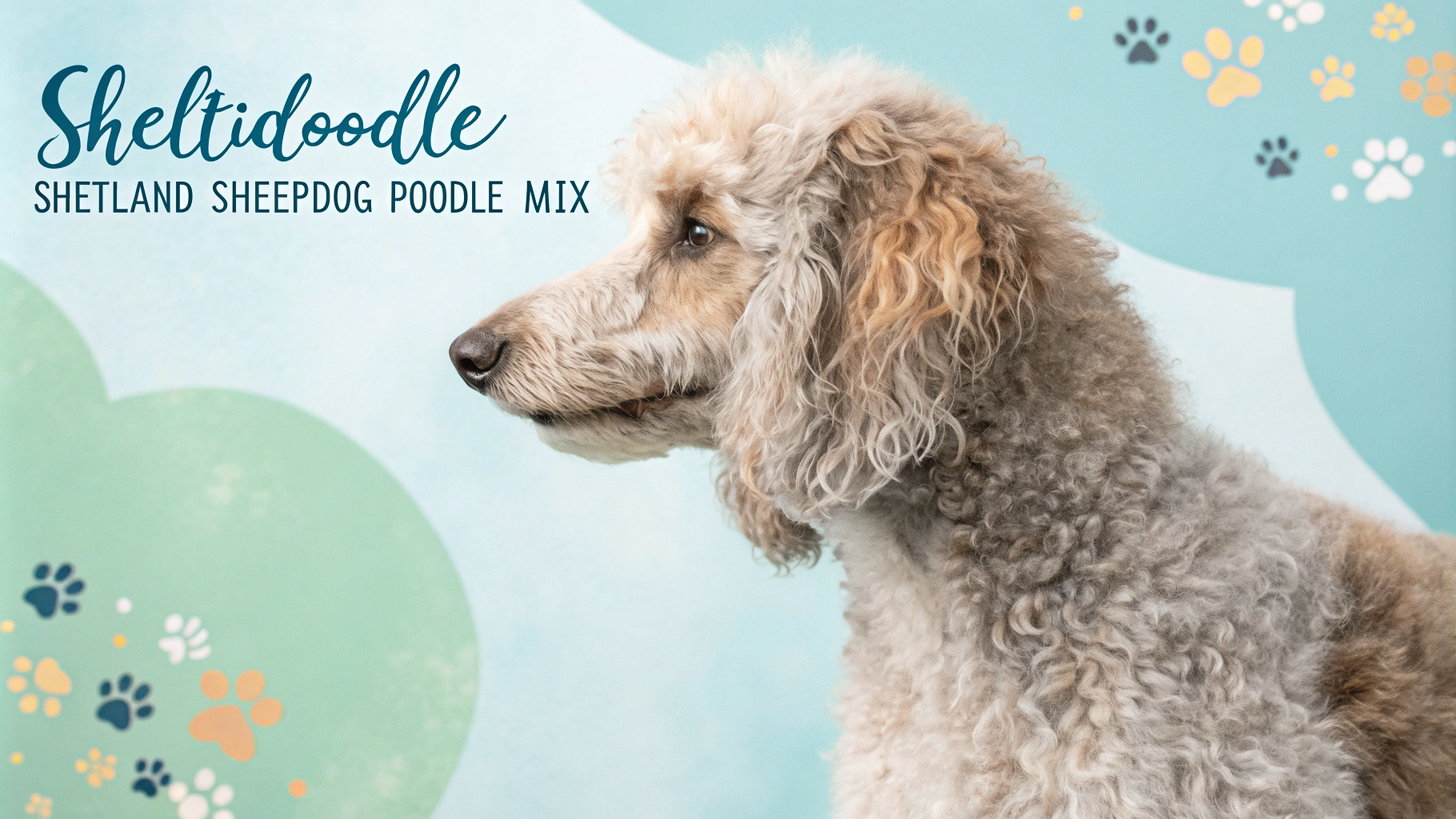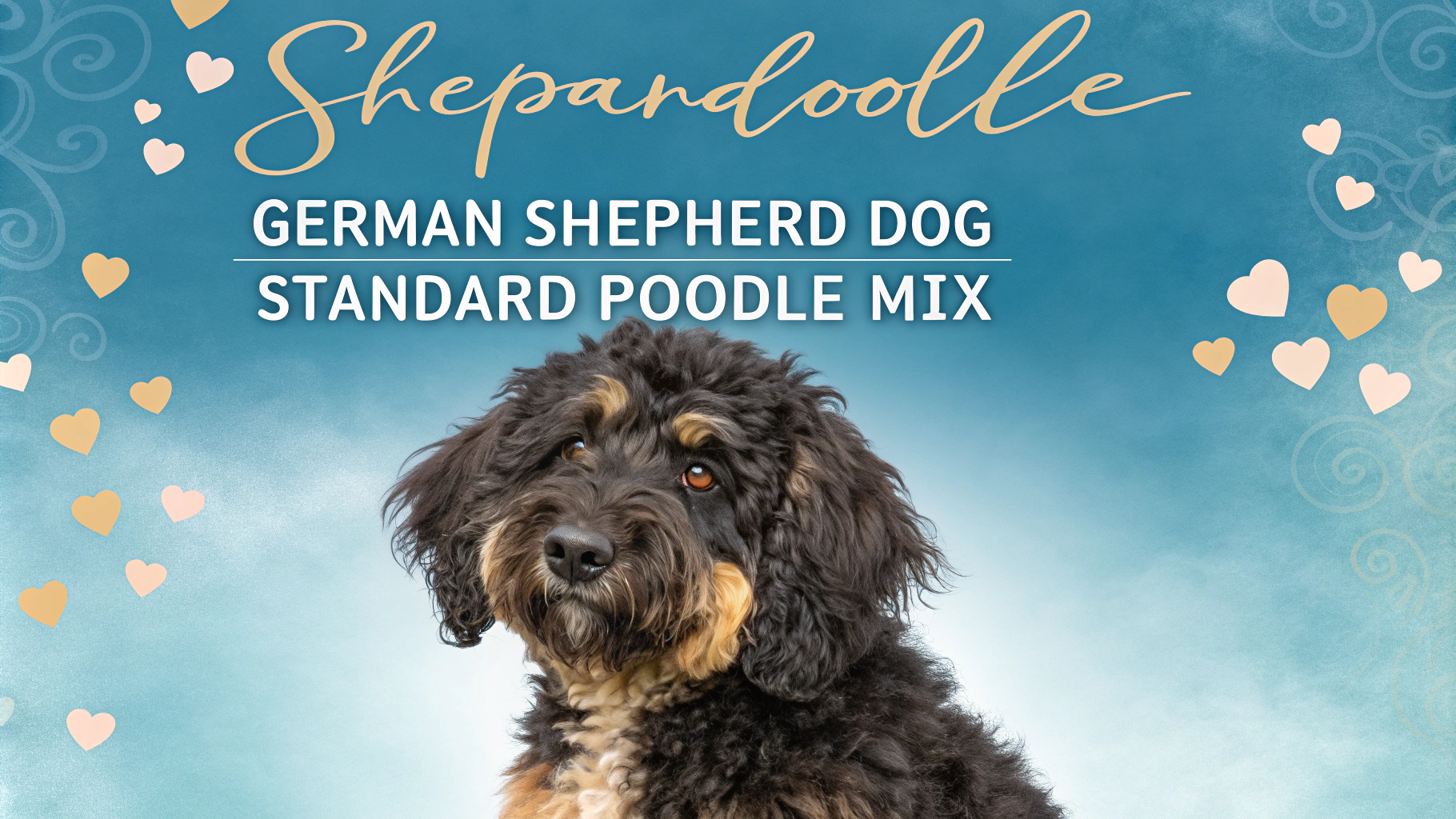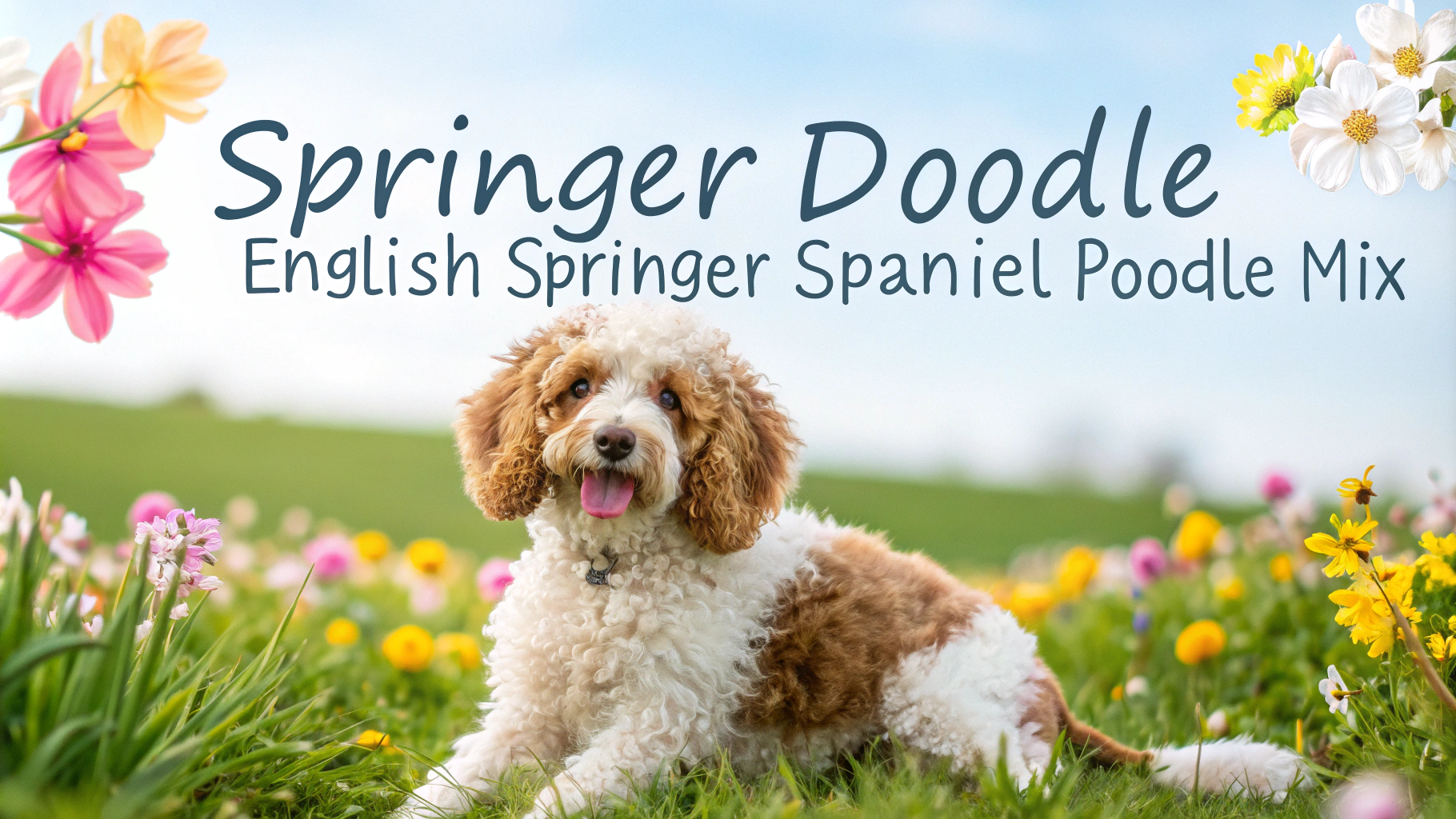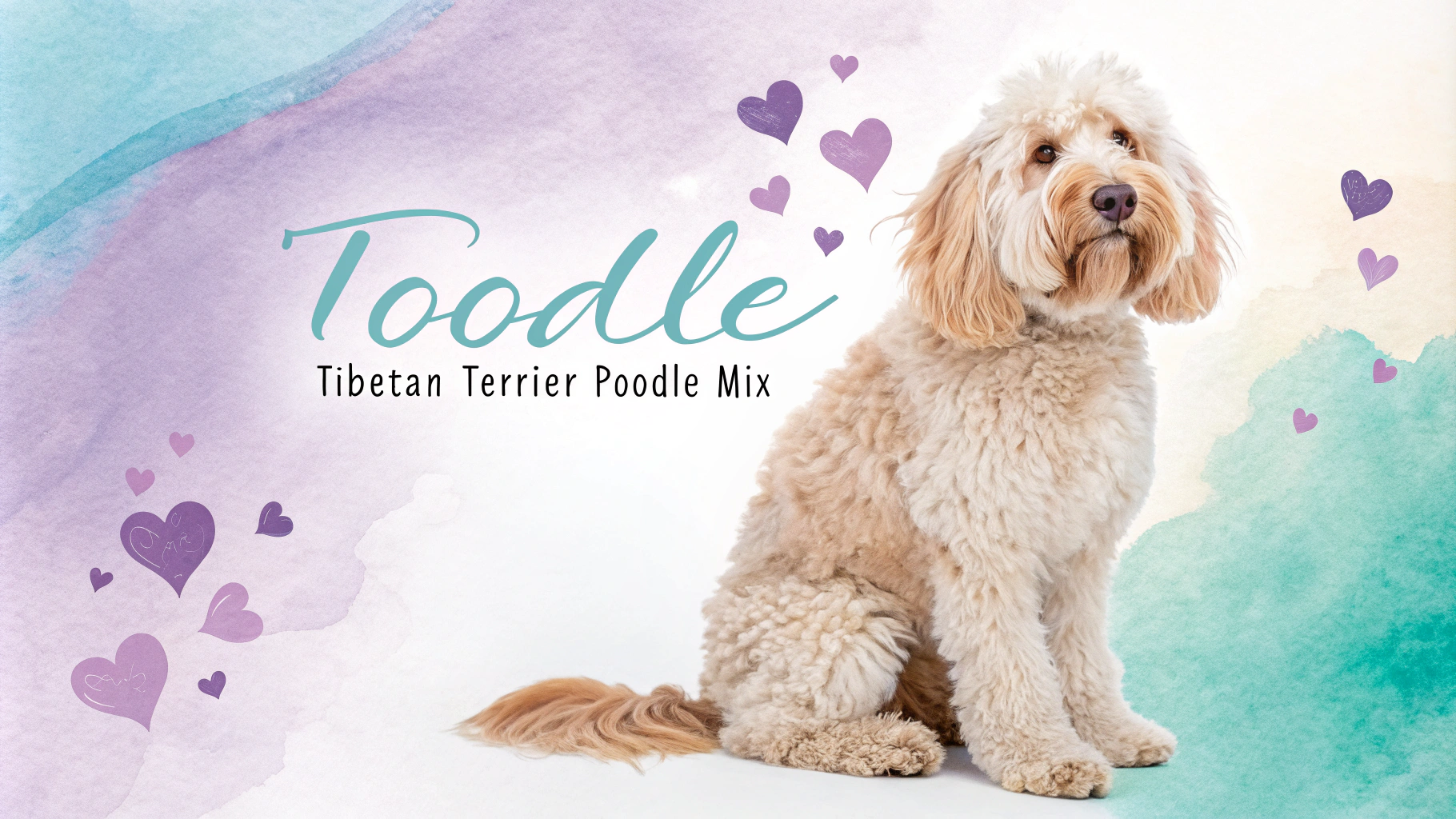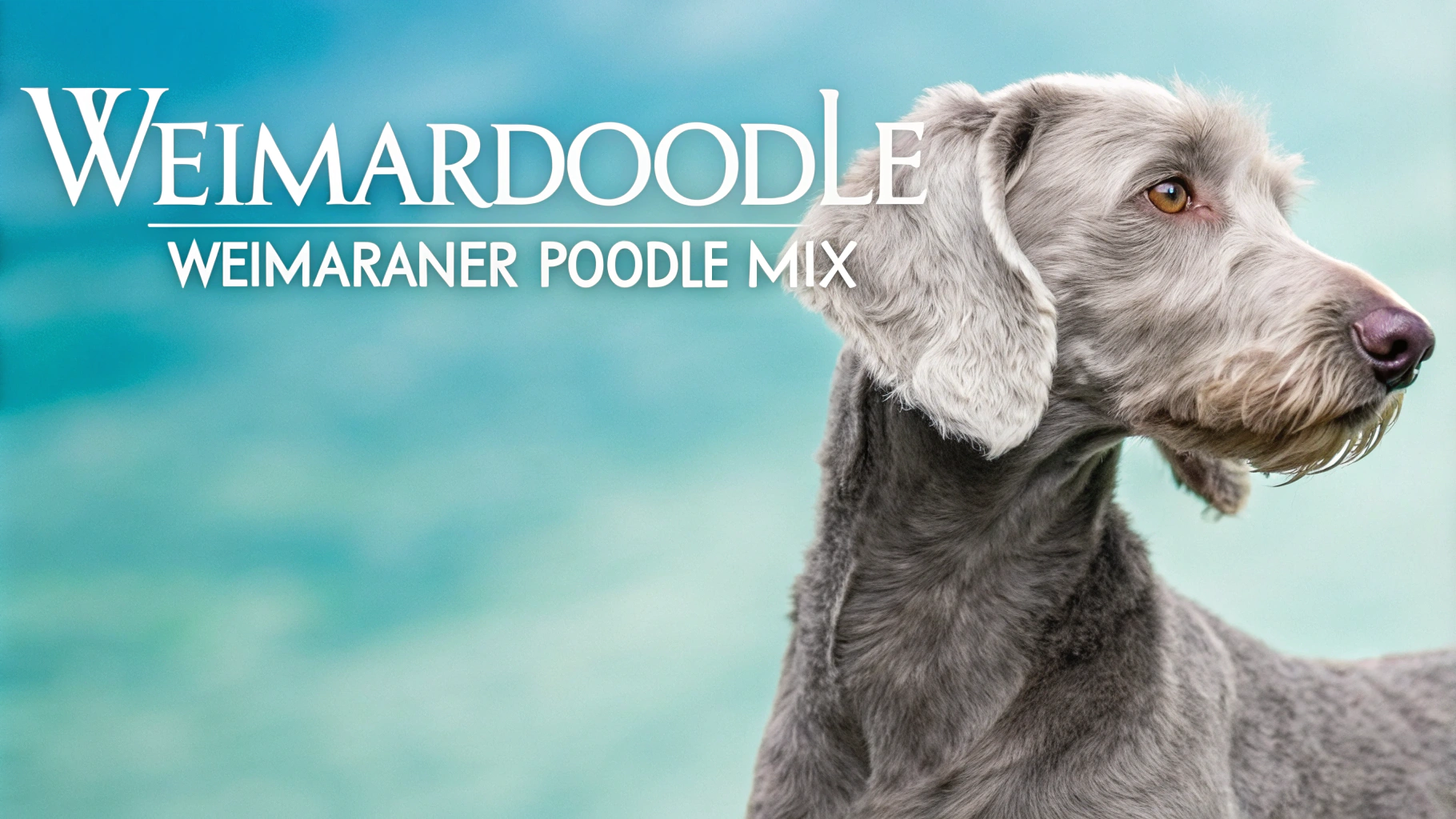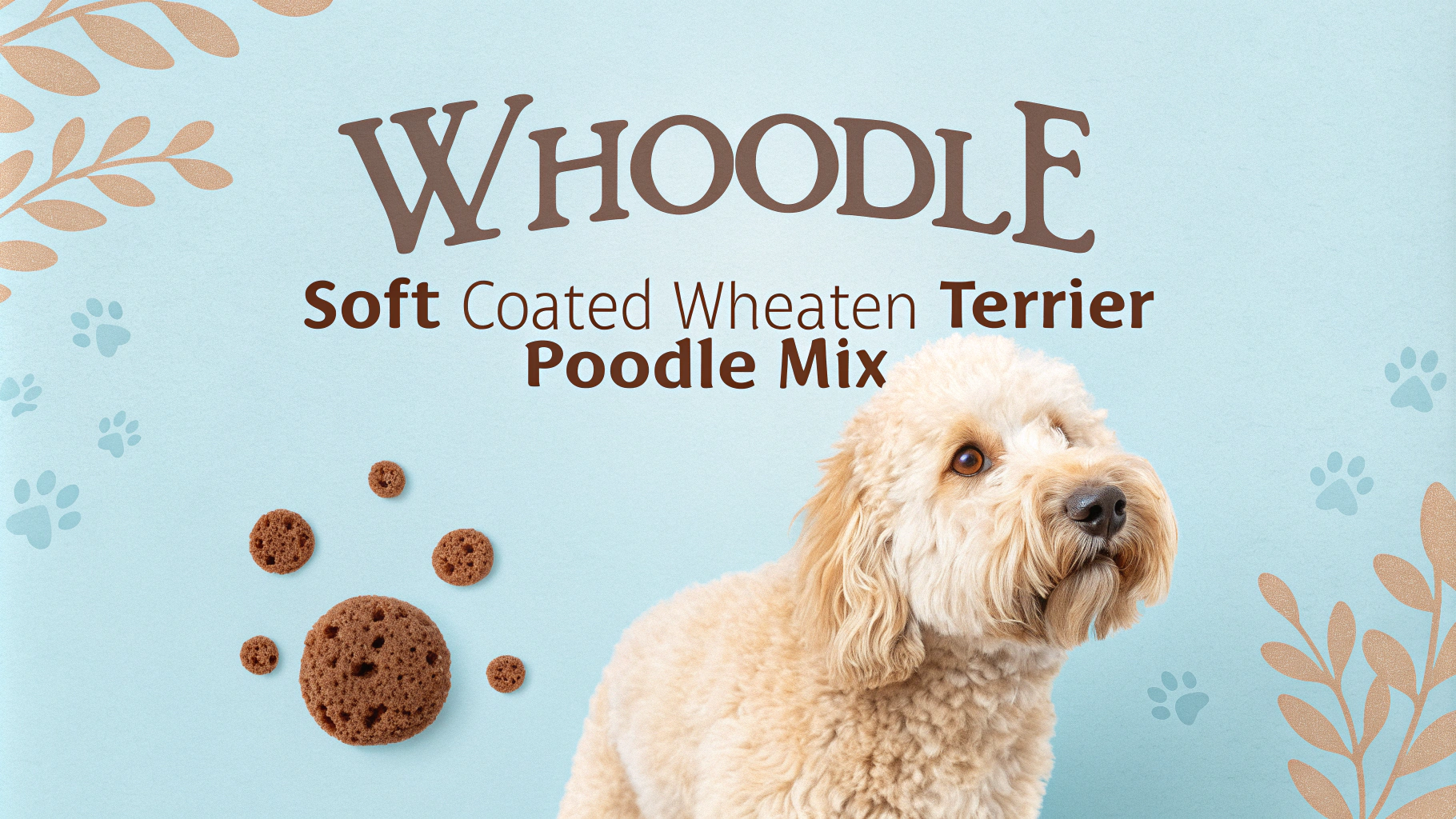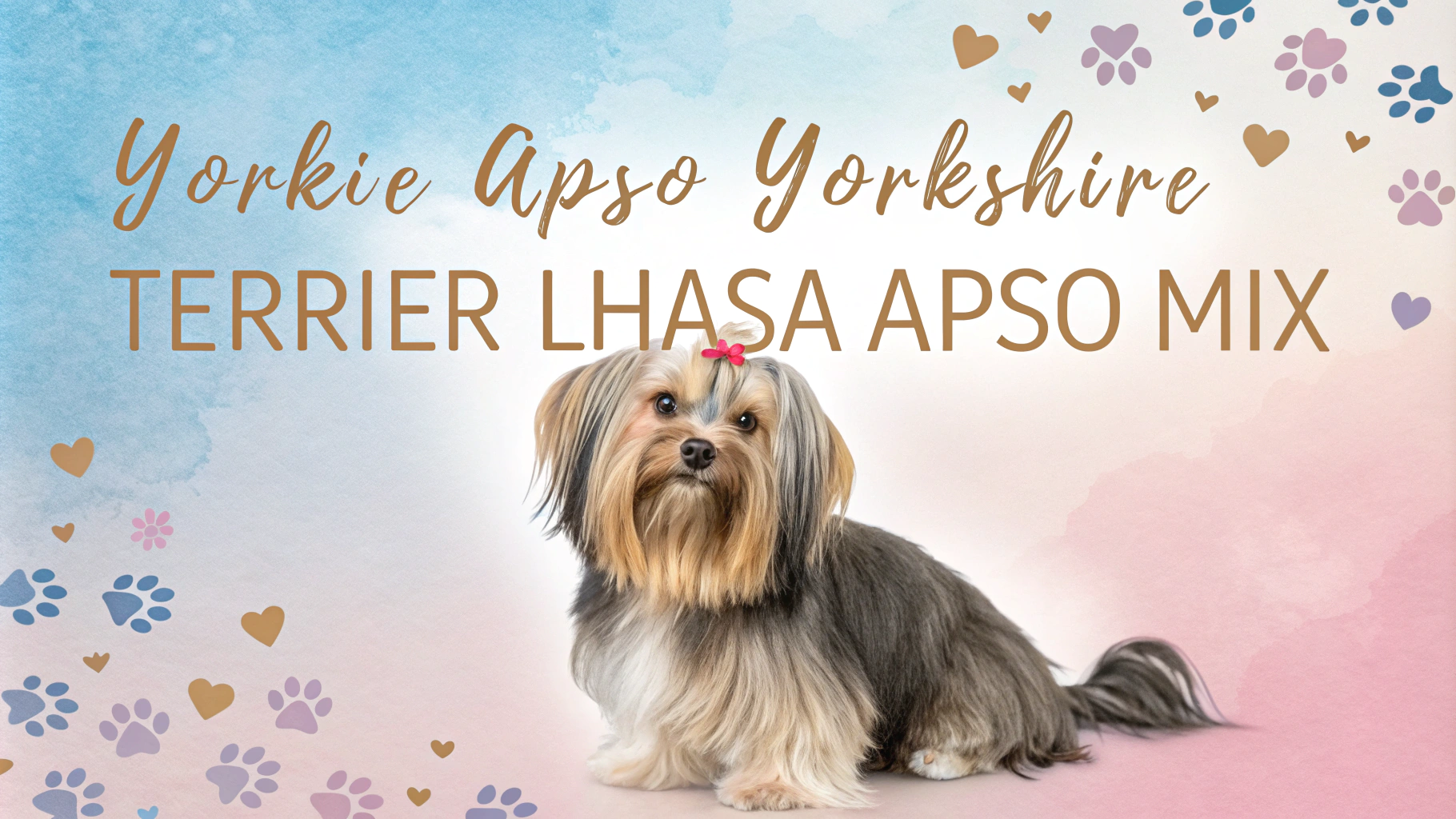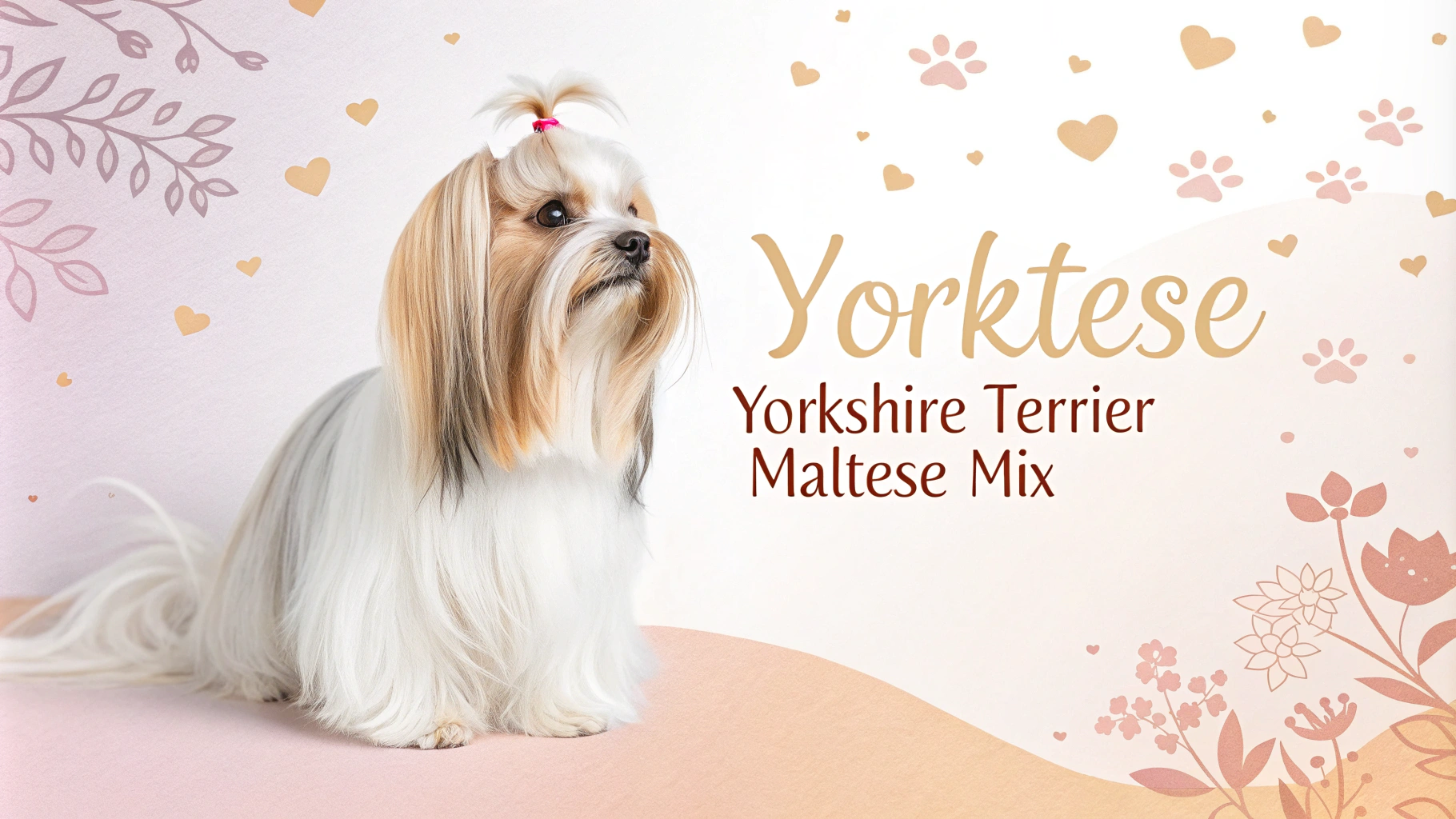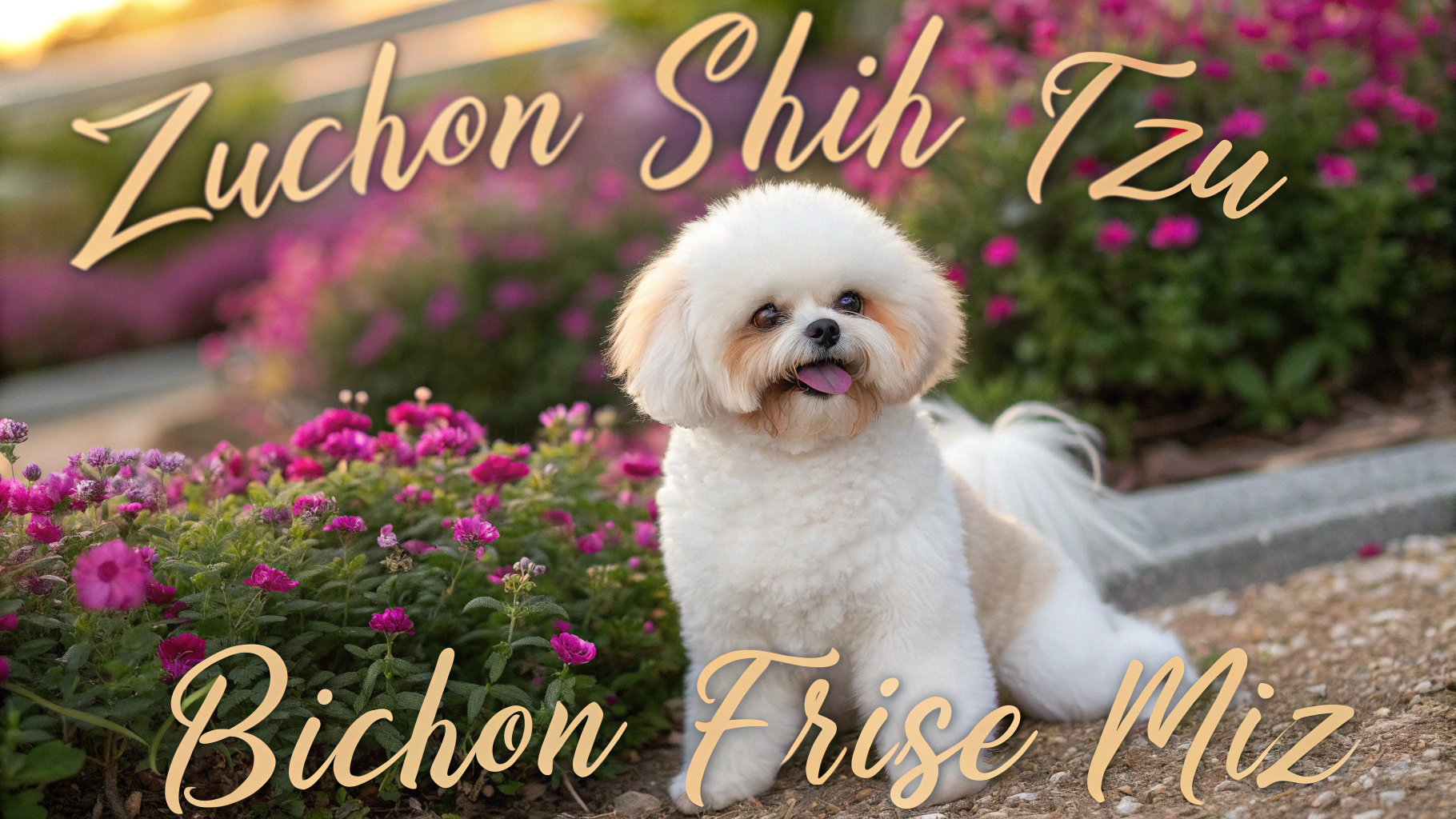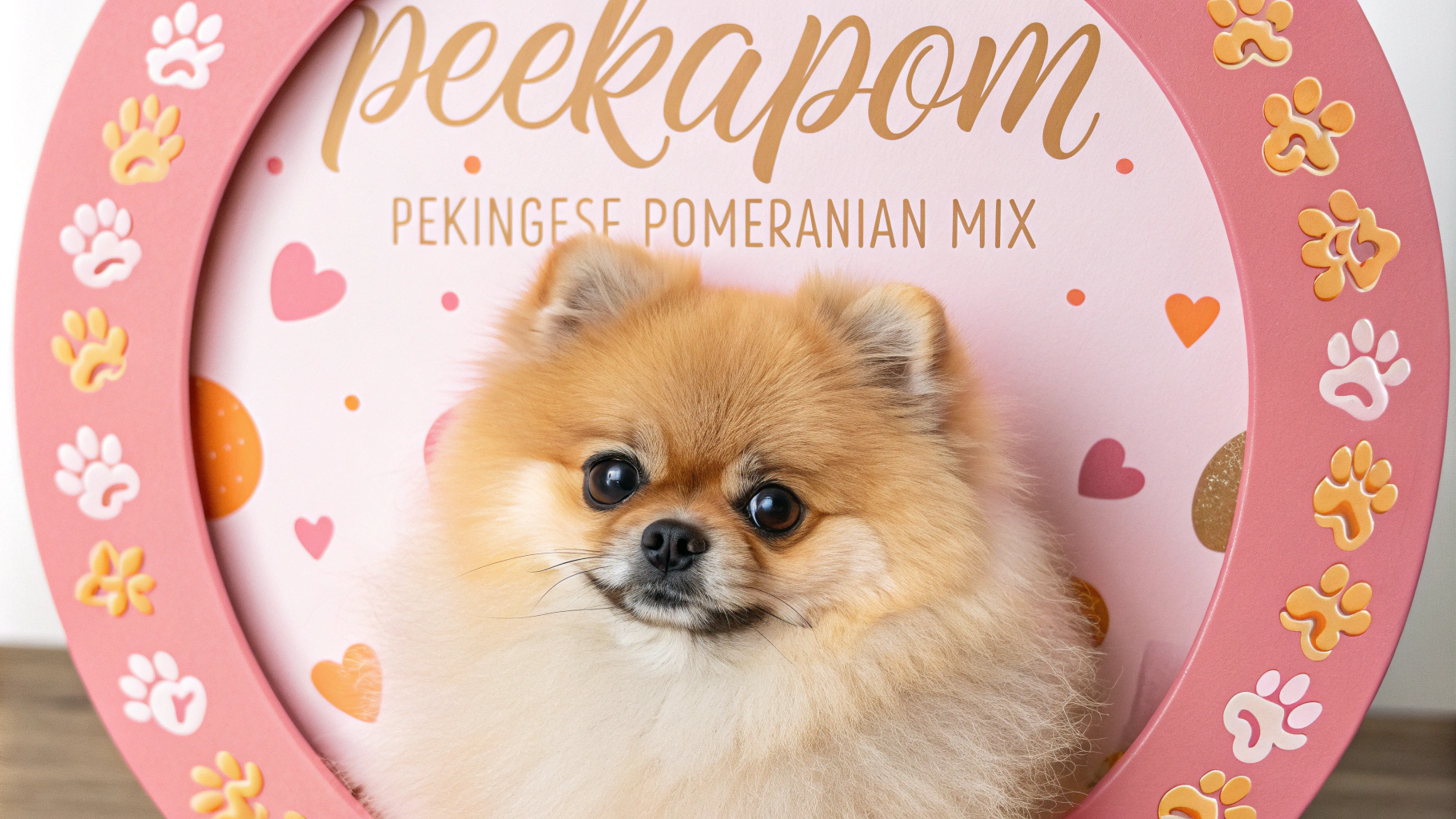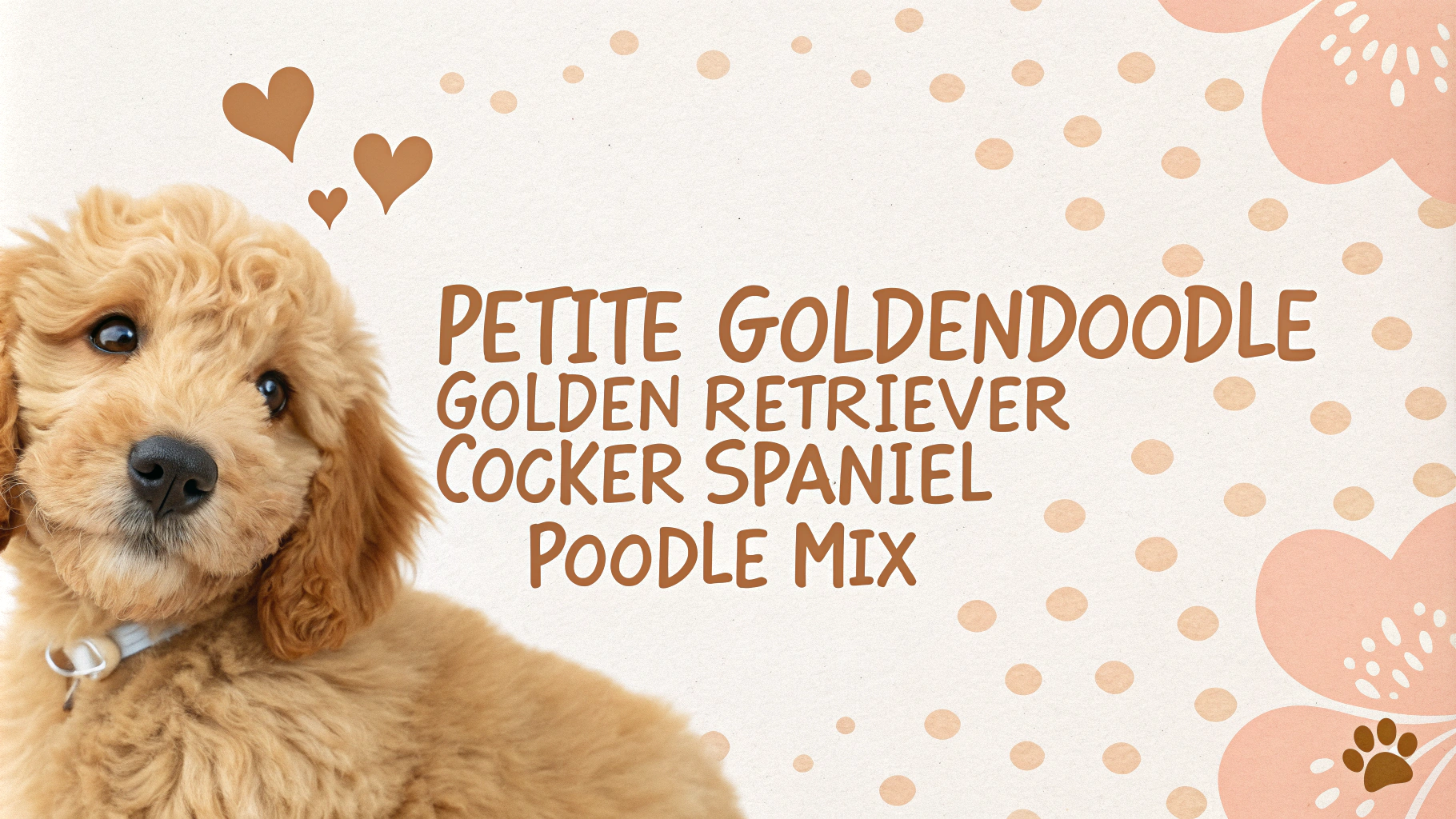The Cockapoo is a popular mixed breed dog resulting from crossing a Cocker Spaniel with a Poodle. Known for their friendly nature and low-shedding coat, Cockapoos have become a favorite among dog lovers seeking a companionable and relatively low-maintenance pet. This hybrid combines the intelligence and hypoallergenic qualities of the Poodle with the gentle, affectionate temperament of the Cocker Spaniel, resulting in a versatile and charming family dog.
Key Facts
- Size: Small to medium (10-30 pounds)
- Life expectancy: 12-15 years
- Coat: Varies from wavy to curly, low-shedding
- Colors: Wide variety including black, white, brown, cream, and parti-color
- Temperament: Friendly, intelligent, and affectionate
- Exercise needs: Moderate
- Grooming: Regular brushing and occasional trimming required
Character Traits
Cockapoos are renowned for their friendly and outgoing personalities, making them excellent companions for individuals and families alike. They inherit the Poodle’s intelligence and the Cocker Spaniel’s gentle nature, resulting in a dog that is both smart and affectionate. These dogs are typically eager to please and form strong bonds with their owners, often displaying a high level of loyalty. Cockapoos are generally good with children and other pets, making them adaptable to various household situations. Their playful and energetic demeanor means they enjoy interactive playtime and can be quite entertaining. However, they may also inherit the Cocker Spaniel’s tendency to bark, which can be managed with proper training. Cockapoos are often described as having a “happy” disposition, with a wagging tail and an enthusiasm for life that can be infectious to those around them.
History & Origins
The Cockapoo is often credited as one of the first “designer dog” breeds, with its origins dating back to the 1950s in the United States. While it’s likely that accidental crossbreeding between Cocker Spaniels and Poodles occurred earlier, intentional breeding began around this time. The goal was to create a companion dog that combined the best traits of both parent breeds: the Poodle’s intelligence and hypoallergenic coat with the Cocker Spaniel’s friendly and affectionate nature. Unlike many purebred dogs, Cockapoos do not have a breed standard or recognition from major kennel clubs, as they are considered a hybrid or mixed breed. Over the years, their popularity has grown significantly, particularly in the United States and the United Kingdom. Breeders have experimented with different sizes of Poodles (Toy, Miniature, and Standard) to create various sizes of Cockapoos, further expanding the appeal of this mixed breed. Despite not being recognized as a standardized breed, organizations like the Cockapoo Club of America have been established to promote responsible breeding practices and provide information about the breed.
Health Concerns
Cockapoos generally enjoy good health, but like all mixed breeds, they can inherit health issues from their parent breeds. Common concerns include:
- Eye problems: Progressive Retinal Atrophy (PRA), cataracts, and glaucoma
- Hip dysplasia: An inherited condition affecting the hip joint
- Ear infections: Due to their floppy ears, which can trap moisture
- Patellar luxation: A condition where the kneecap dislocates
Regular veterinary check-ups, proper grooming, and a healthy lifestyle can help prevent or manage these issues. It’s also crucial to obtain your Cockapoo from a reputable breeder who conducts health screenings on parent dogs.
Exercise Needs
Cockapoos are energetic dogs that require regular exercise to maintain their physical and mental well-being. They typically need:
- Daily walks: 30-60 minutes of brisk walking or jogging
- Playtime: Interactive games like fetch or tug-of-war
- Mental stimulation: Puzzle toys, training sessions, or agility courses
These dogs thrive on human interaction and enjoy activities that challenge both their body and mind. Regular exercise helps prevent boredom and destructive behaviors. However, exercise needs may vary depending on the individual dog’s age, size, and energy level.
Space Requirements
Cockapoos are adaptable dogs that can thrive in various living situations, making them suitable for both apartments and houses. Key space considerations include:
- Indoor space: A small to medium-sized living area is sufficient
- Outdoor access: A fenced yard is beneficial but not essential
- Exercise area: Access to parks or open spaces for daily walks and play
While they can adapt to apartment living, Cockapoos still need regular outdoor exercise and mental stimulation. They’re social dogs that prefer to be close to their family, so a designated indoor space where they can relax and feel part of the household is important.
Nutrition & Feeding
A balanced diet is crucial for maintaining a Cockapoo’s health and energy levels. Consider the following nutritional guidelines:
- High-quality dog food: Choose a brand formulated for small to medium-sized breeds
- Portion control: Follow feeding guidelines based on age, weight, and activity level
- Meal frequency: Usually 2-3 meals per day for adults, more frequent for puppies
- Treats: Use in moderation, accounting for no more than 10% of daily calorie intake
Cockapoos can be prone to weight gain, so it’s important to monitor their food intake and adjust as needed. Fresh water should always be available. Consult with a veterinarian to create a tailored nutrition plan that meets your Cockapoo’s specific needs, especially if they have any health concerns or dietary restrictions.
Grooming Tips
Cockapoos require regular grooming to maintain their coat and overall health. Their coat can vary from straight to curly, depending on which parent they take after more. Here are some key grooming tips:
- Brushing: Brush your Cockapoo’s coat 3-4 times a week to prevent matting and tangling. Use a slicker brush for curly coats or a pin brush for straighter coats.
- Bathing: Bathe your Cockapoo every 4-6 weeks, or as needed. Use a mild dog shampoo to avoid skin irritation.
- Haircuts: Trim your Cockapoo’s coat every 6-8 weeks to maintain its shape and prevent overgrowth. Consider professional grooming if you’re not comfortable doing it yourself.
- Ear care: Check and clean your Cockapoo’s ears weekly to prevent infections, especially if they have floppy ears like a Cocker Spaniel.
- Nail trimming: Trim your dog’s nails every 2-3 weeks or as needed to prevent discomfort and potential health issues.
- Dental care: Brush your Cockapoo’s teeth 2-3 times a week to maintain good oral hygiene and prevent dental problems.
Regular grooming not only keeps your Cockapoo looking great but also provides an opportunity to check for any skin issues, lumps, or abnormalities. Establish a grooming routine early in your dog’s life to make the process easier and more enjoyable for both of you.
Training Approach
Cockapoos are intelligent and eager to please, making them relatively easy to train. However, they can be sensitive, so positive reinforcement methods work best. Here’s an effective training approach for Cockapoos:
- Start early: Begin training and socialization as soon as you bring your Cockapoo home. Early experiences shape their behavior and temperament.
- Positive reinforcement: Use treats, praise, and toys to reward good behavior. This encourages your Cockapoo to repeat desired actions.
- Consistency: Maintain consistent rules and commands across all family members to avoid confusion.
- Short sessions: Keep training sessions brief (5-10 minutes) but frequent to maintain your dog’s interest and prevent boredom.
- Socialization: Expose your Cockapoo to various people, animals, and environments to build confidence and reduce anxiety.
- Mental stimulation: Incorporate puzzle toys and interactive games into training to challenge your dog’s intelligence.
- Obedience training: Focus on basic commands like sit, stay, come, and leash walking. These form the foundation for more advanced training.
Remember that Cockapoos can be sensitive to harsh corrections or loud voices. Always use a calm, firm tone and avoid physical punishment. If you encounter persistent behavior issues or struggle with training, consider seeking help from a professional dog trainer experienced with Cockapoos or similar breeds. With patience, consistency, and positive reinforcement, your Cockapoo can become a well-behaved and happy companion.
